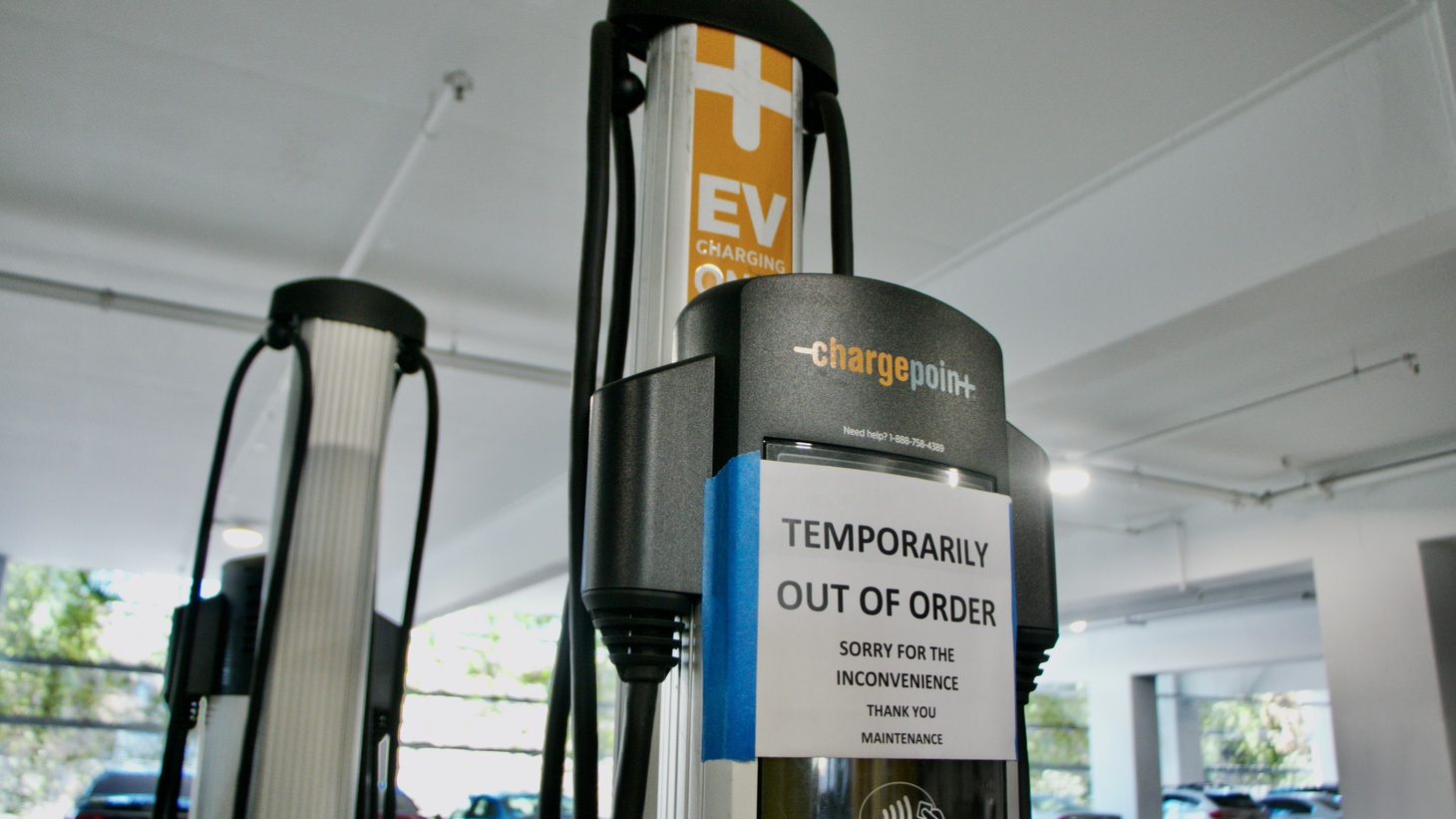Introduction: In today’s fast-paced business world, copiers play a crucial role in the day-to-day operations of countless companies. To ensure their copier needs are met efficiently, businesses often sign contracts with copier service providers. While these agreements offer convenience and support, they can also become a source of frustration when businesses seek to terminate them prematurely. In this blog post, we’ll explore the reasons behind the difficulty of breaking copier contracts, shedding light on the complexities involved.
- Long-Term Commitments: Copier contracts are typically structured as long-term agreements, often spanning several years. These contracts ensure that the service provider recoups the cost of the equipment and services they provide. The longer the contract duration, the more challenging it becomes for businesses to break them without incurring significant penalties or fees.
- Automatic Renewals: Many copier contracts have automatic renewal clauses, which means that unless businesses take proactive steps to terminate the agreement within a specific notice period, the contract renews automatically. These clauses are often buried deep within the contract’s fine print, making them easy to overlook. Consequently, businesses may find themselves bound to the contract for another term unintentionally, thereby making contract termination a complex process.
- Early Termination Fees: Copier contracts often include provisions for early termination fees, which act as a deterrent for businesses seeking to break the agreement before its designated end date. These fees are intended to compensate the service provider for the loss of anticipated revenue, including the costs associated with the equipment, maintenance, and potential discounts provided upfront. Calculating and negotiating these fees can be time-consuming and may result in significant financial repercussions for businesses.
- Hidden Costs and Penalties: Beyond the early termination fees, copier contracts may contain additional hidden costs and penalties. These may include charges for terminating maintenance or repair services, returning leased equipment, or accessing digital features associated with the copier. Such obscure clauses can make it challenging for businesses to assess the true cost of terminating the contract, adding to the overall difficulty of breaking the agreement.
- Lack of Flexibility: Copier contracts are often designed to protect the interests of the service provider, which can result in limited flexibility for businesses. These contracts may restrict businesses from upgrading or downgrading their equipment, modifying the terms of the agreement, or seeking alternative service providers during the contract period. This lack of flexibility further complicates the process of contract termination and forces businesses to continue with an unsatisfactory service.
- Negotiating Power Imbalance: The negotiation of copier contracts typically occurs between service providers with extensive industry knowledge and experience, and business owners who may not be well-versed in the intricacies of copier services. This power imbalance often results in contracts that heavily favor the service provider. Businesses may find it difficult to negotiate favorable termination terms or even fully understand the implications of the agreement they are entering into.
Conclusion: While copier contracts offer convenience and support for businesses, they can be notoriously challenging to break. From long-term commitments and automatic renewals to early termination fees and hidden costs, these contracts are designed to protect the interests of the service provider. As businesses navigate the complex landscape of copier contracts, it is essential to thoroughly review and understand the terms and conditions before signing, and consider seeking legal advice if faced with the need to terminate such agreements. Contact DSI today if you have questions about your end of lease copier contract at 770-921-6764.











